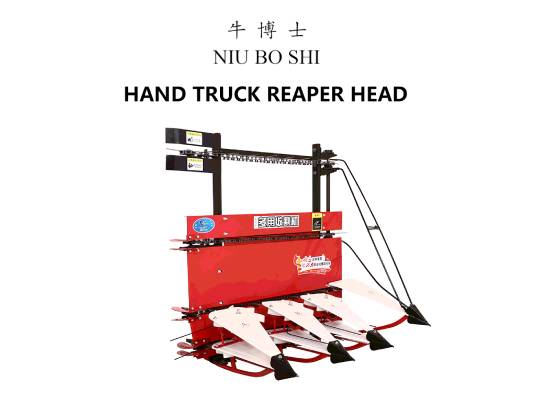Innovative Maize Harvesting Solutions for Increased Efficiency and Productivity
The Evolution and Importance of Maize Harvesters
Maize, also known as corn, is one of the most significant staple crops in the world, providing food, animal feed, and raw materials for various industries. With its increasing demand and the growing global population, efficient harvesting techniques have become crucial for maximizing yield and ensuring sustainability in agriculture. This is where maize harvesters come into play, revolutionizing the way farmers collect their crops.
Historically, maize harvesting was a labor-intensive task. Traditional methods involved manual labor, where individuals would hand-pick the maize ears, a process that is not only time-consuming but also physically demanding. However, with the advent of agricultural machinery in the 20th century, the farming landscape began to change dramatically. The development of the maize harvester marked a significant milestone by introducing mechanization to the harvesting process.
Modern maize harvesters come in various forms, from self-propelled machines to attachment systems for tractors. This versatility allows farmers to select a harvester that best suits their land size and operational needs. These machines are designed with advanced technology that enables them to efficiently strip the ears from the stalk, husk them, and collect the kernels, all in a single pass. This level of efficiency cannot be matched by manual harvesting methods.
One of the most significant advantages of maize harvesters is their ability to reduce labor costs and time
. In an era where labor shortages are becoming increasingly common, particularly in rural areas, relying on machinery helps alleviate the workforce challenge. A well-equipped farmer can harvest vast acres of maize in a fraction of the time it would take using traditional methods. This efficiency not only improves productivity but also allows farmers to better plan their work schedules and manage their time effectively.maize harvester

Furthermore, maize harvesters are designed to operate under various field conditions and can navigate through different terrains. This adaptability means that they can function effectively even in challenging environments, where manual harvesting would be less practical. As technology continues to advance, modern harvesters are equipped with GPS and other precision agriculture technologies, allowing farmers to monitor their fields closely and optimize their harvesting strategies.
In addition to enhancing efficiency, maize harvesters contribute to higher quality grain collection. These machines are designed to minimize damage to the ears and kernels during the harvesting process. This is especially important as any damage can lead to spoilage and loss in quality, which ultimately affects the market value of the harvest. By ensuring a cleaner and more intact harvest, farmers can command higher prices for their product, benefiting their bottom line.
Moreover, the environmental impact of using maize harvesters is a topic worth noting. Though the initial production of machinery may have a carbon footprint, the overall efficiency produced by modern harvesters can lead to less resource consumption in the long run. With reduced time in the field, farmers can practice crop rotation more effectively, leading to healthier soil and sustainable farming practices.
Despite their numerous benefits, it's important to acknowledge the challenges associated with maize harvesters. The initial investment is significant, which can be a barrier for small-scale farmers. Additionally, ongoing maintenance, training for proper use, and operational costs must be considered. However, many governments and agricultural organizations offer subsidies and educational programs to support farmers in overcoming these challenges.
In conclusion, maize harvesters represent a crucial advancement in agricultural technology that has transformed the way maize is harvested worldwide. They provide efficiency, reduce labor costs, improve the quality of the harvest, and contribute to more sustainable farming practices. As the global demand for maize continues to grow, investing in such technologies will be vital for farmers looking to enhance their productivity and maintain competitiveness in the market. The future of agriculture is undoubtedly intertwined with innovation, and maize harvesters are a shining example of how mechanization can shape the industry for the better.
Latest news
-
Mini Combine Harvester for Soybean | Compact & Efficient Soybean Harvesting SolutionsNewsNov.24,2025
-
Mini Combine Harvester for Paddy – Compact, Efficient Rice Harvesting SolutionsNewsNov.24,2025
-
Mini Chain Harvester: Compact Forestry Solutions for Sustainable LoggingNewsNov.23,2025
-
Kartar Mini Harvester – Compact, Efficient Harvesting Machinery for Small FarmsNewsNov.23,2025
-
Compact Power: Elevate Your Farming with Harvesting Machine SmallNewsNov.22,2025
-
Discover the Power and Potential of Harvester Mini Combine Machines | Efficient Small-Scale HarvestingNewsNov.22,2025








